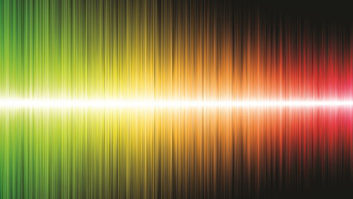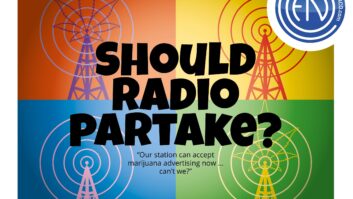This story originally appeared in TV Technology.
The FCC sent Rapidwave, LLC of Saratoga Springs, Utah, a Notice of Apparent Liability for Forfeiture and Order (NAL) for operating a 5 GHz unlicensed Part 15 system in a manner inconsistent with rules, and for causing interference to an FAA Terminal Doppler Weather Radar (TDWR) system serving the Salt Lake City International Airport.
According to the NRL, on Oct. 27, 2010, an FCC enforcement agent from the Denver office, along with FAA personnel, located emissions at 5600 MHz coming from the Lake Mountain communications site in Saratoga Springs, Utah, which was identified as being operated by Rapidwave. The next day, FCC and FAA personnel established that this as the interference source.
All 5 GHz unlicensed national information infrastructure (U-NII) devices operating in the 5.25-5.35 GHz and 5.475-5.725 GHz bands must have Dynamic Frequency Selection (DFS) radar detection capability which allows them to detect the presence of radar systems and avoid co-channel interference. During the inspection, Rapidwave changed the operating frequency to stop the interference to the SLC TDWR. It was determined that as it was operating, the transceiver did not have DFS functionality. Rapidwave had also added a high gain parabolic antenna to the system. Calculations performed by the FCC agent indicated the EIRP for this system “may have exceeded the maximum EIRP permitted by the Rules for operation on the frequency used by Rapidwave.”
The FCC set the apparent liability for forfeiture at $25,000.
I know of at least one case in which 5 GHz links have interfered with weather radar gear licensed to a TV station. In a large urban area, eliminating this interference is like “whack-a-mole” where as soon as one is knocked down, another pops up. If your station’s weather radar is experiencing interference, it may be worth contracting the local FCC agent and doing a bit of interference hunting.












